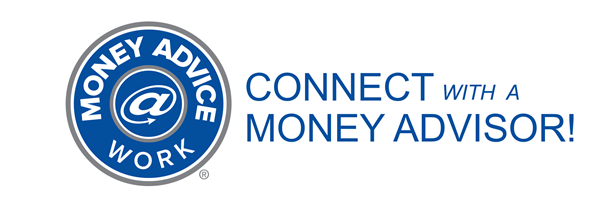According to the U.S. Bureau of Labor Statistics, the average American worker holds more than 10 different jobs over a career. If you’ve accumulated money in your company’s 401(k) plan and are contemplating a job change, you face the important decision of what to do with these assets.
Generally, it’s a good idea to roll your retirement account into your new employer’s plan to keep your retirement savings in one place. This yields easier access to information and improves decision making. But you likely have two perfectly fine alternative options: leave your money with your former employer, or roll your savings into an IRA.
Before deciding what to do with an old 401(k) account, here are a few questions that will help you determine your best course of action.
How do the investment alternatives compare in terms of diversity, performance and cost?
All 401(k) investment menus are not created equal. Investigate the investment choices of your new employer’s plan and learn how their similar-style funds stack up in terms of performance to your current employer’s plan. While your investment adviser may promote the world-is-your-oyster, invest-anywhere flexibility of an IRA, realize that a move from a 401(k) plan to a retail IRA is likely to increase your investment management costs significantly.
How do the plans’ administrative costs compare?
While investment management expenses are usually your largest 401(k) cost, every plan also incurs administrative expenses. Take the time to understand and compare your plans’ administrative costs. If they aren’t disclosed, that means they’re buried inside overpriced investment options. If they appear excessive in your new employer’s plan, in excess of 1%, consider leaving your account with your former employer or moving it to a low-cost IRA such as one offered by Vanguard.
How do I handle an outstanding 401(k) loan when I leave the company?
If you have a 401(k) loan outstanding when switching jobs, you need to repay this loan before, or immediately after, you leave. If you fail to do so, this loan will be classified a premature distribution from the plan and you’ll owe federal and state ordinary income tax on the unpaid loan amount. If you’re under the age of 59½, you will also owe a 10% federal penalty tax for early withdrawal. To avoid this huge expense, arrange a loan outside of your 401(k) to pay off the first one before you leave.
Is it important to have access to my previous employer’s plan assets prior to retirement?
Once you terminate from an employer, your accumulated 401(k) benefit becomes accessible, even if you are under retirement age. If your new employer’s plan does not allow access to rollover assets, consider whether you want to turn an accessible retirement asset into an inaccessible one. For some, eliminating the temptation to withdraw retirement savings early might be a bonus, for others, a negative.
What are my distribution options at retirement?
This becomes an increasingly important question as you approach retirement age. When it comes time to stop accumulating and start spending your retirement savings, the flexibility you’re provided to access your money is important. The most flexible vehicle for distributions is an IRA. Increasingly, 401(k) plans are attempting to improve the options they offer for distributions, allowing for regular monthly, or ad hoc, distributions from the plan. If you’re getting close to retirement age, you should familiarize yourself with your new employer’s distribution options before pulling the trigger on a rollover.
Where is my retirement savings most protected from creditors?
If you own a business or a lot of real estate, or operate in a profession subject to malpractice lawsuits, consider the level of protection you want from creditors. Assets in 401(k) plans are protected by a federal law called ERISA. This law makes it virtually impossible for your creditors to touch your retirement assets in the event you file personal bankruptcy. IRAs, on the other hand, are protected by the laws of each individual state, and in some states are accessible to creditors. For certain investors, in certain states, keeping your retirement savings in a 401(k) account is a good idea. Understand there are two creditors from which even ERISA cannot protect your retirement assets: the IRS and a former spouse. If you owe money to either of these parties, they can collect via a forced liquidation of your 401(k) or IRA.
Changing jobs is an American way of life. While there are certainly many things to consider when you change jobs, make sure what to do with your hard-earned retirement savings is on the list. Be smart with this money and don’t fall prey to some smooth-talking salesperson claiming to have your best interest at heart. Do your homework, ask the right questions and gather the information necessary to make the correct decision.
This column originally appeared in the Journal Sentinel. The material provided is for informational purposes only. Neither the information nor any opinion expressed constitutes a solicitation for the purchase or sale of any security. Francis Investment Counsel does not offer personal tax or legal advice.

